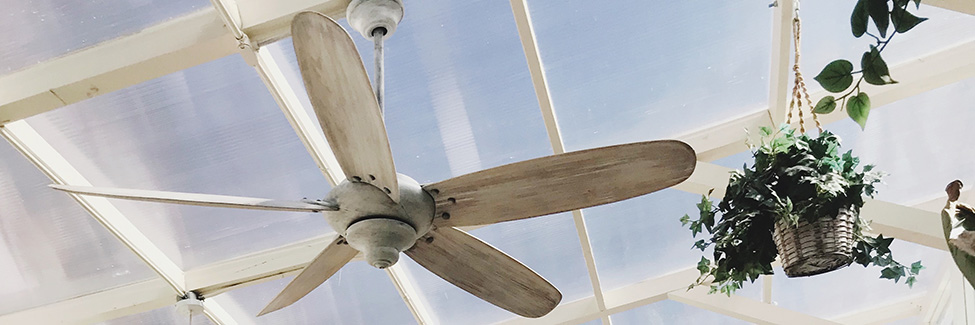
9 Ways to Deal with Allergies this Spring
As much as we look forward to the arrival of spring, those of us with allergies might just also feel a sense of dread. All of those budding trees and beautiful flowers create pollen and other allergens that can affect our health. If you suffer allergy symptoms every spring, here are some ways to cope so you can enjoy the season.
Be Aware of Pollen Counts
One of the best ways to deal with allergies is to know when you have the highest risk of coming in contact with pollen. It’s always a good idea to stay on top of the pollen forecast. If high pollen counts are anticipated, you’ll need to plan your day accordingly. You can check your pollen counts at pollen.com.
If possible, avoid going outside unnecessarily on days when the pollen count is high. If you do venture out, know that early morning and late afternoon hours are usually times with more pollen, especially on windy days.
The time after spring showers is the best period to go outside. The rainwater temporarily washes the pollen out of the air.
Keep Pollen From Getting Inside of Your Home
There are few things you can do to minimize the amount of pollen in your home:
- Close windows when pollen counts are high.
- Groom pets to reduce the amount of allergens on their coats.
- Clean your home. Despite your valiant efforts, outside air make its way inside – so be sure to vacuum regularly, changing linens often, and don’t let laundry accumulate
- Change clothes and take a shower after being outside, and don’t forget to keep shoes at the door.
Use Salt Water
Salt water can be effective dealing with the nasal or throat issues that often accompany allergy symptoms. It can be used either to gargle with or as a nasal rinse for relief. Neti pots used with distilled water can be especially helpful this time or year.
Ask About Medications
There are a handful of medications available to help you deal with the symptoms of allergies.
Over-the-counter allergy relievers like Zyrtec, Allegra, Claritin, and Flonase are top choices for many allergy-sufferers. Note that you may want to compare each for effectiveness and side effects. Your doctor can also prescribe stronger medications if symptoms don’t improve.
Another medicinal method is immunotherapy. By slowly introducing your body to allergens, it’s possible to empower your body’s natural defenses to fight off any future allergens.
Research Alternative or Herbal Treatments
There are some innovative alternative methods using herbs, acupuncture, or other experimental techniques that have been known to both help avoid allergies in the first place and offer relief from their symptoms. Always check with your doctor before beginning any type of treatment.
Consider Air Purifiers and Dehumidifiers
Having an air purifier in your home helps to trap unwanted particles in the air, usually via a HEPA filter. The best air purifiers are easy to use, generally don’t take up much space, and can also protect you from air pollutants. Dehumidifiers are very effective at keeping the air dry, eliminating the risk of mold and mildew allergies that some people suffer from, as well.
Don’t Forget Furnace Filters
Central air is circulated through ducts that lead to your furnace’s filter, where any dust or particles in the air are trapped. When furnace filters are changed often, it can vastly improve air quality inside homes. It’s a good idea to change it out every month during allergy season. It’s also a good idea to have your HVAC inspected on an annual basis to make sure that it’s running efficiently.
Be Safe in Your Car
The same allergens that can get inside your home can (and do) enter your car. Pay special attention to clean your car regularly, and try not to drive with your car windows down. Circulate the inside air on days with high pollen counts or when using the heater or air conditioner.
Be Aware
The key to dealing with allergies is awareness. Knowing what your allergies are, communicating with your doctor, and arming yourself with a little knowledge will prepare you for allergy season. Hopefully, these tips will make your spring season a little more enjoyable. Have any tips of your own? Leave them in the comments below!
Still have questions? Ask an HVAC expert directly via chat or phone.
Published on 2019-04-06 by Ben Travis
Last updated on 2019-04-08


